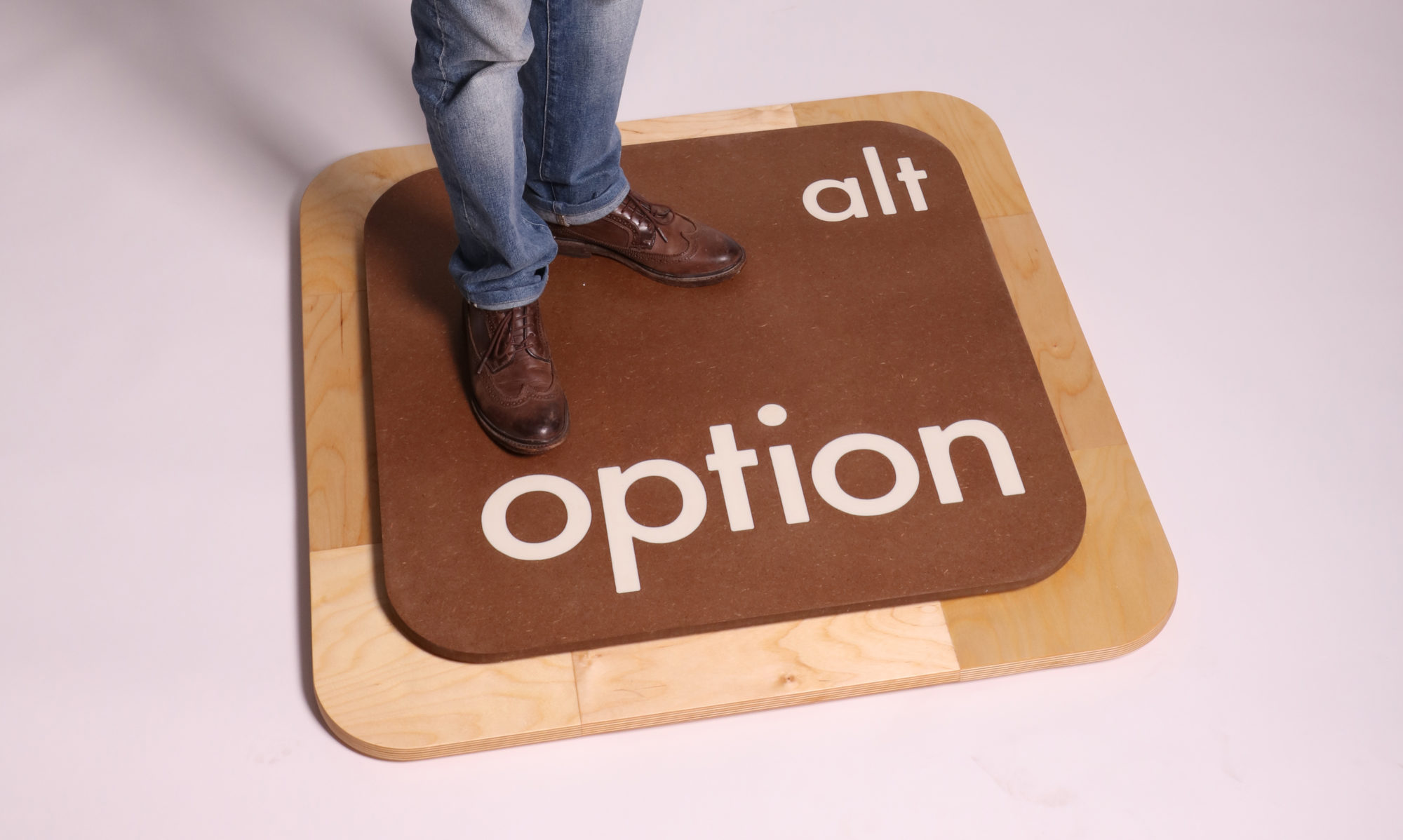While there are several important factors to a game, such as competition, strategy, and luck, there are two aspects that, when combined together, are what universally make a good game.
The first aspect is mechanics. Mechanics are the physical actions that the players take throughout the game. For a game to be enjoyable, the player needs to be able to understand the mechanics and how they work. Clarity of rules is crucial for this. Mechanics can be either fun in themselves, or they can be fun when combined with metaphor.
Metaphor is the second aspect. Metaphor is the story going on within a game. It can be something as simple as in chess, where the metaphor is that the players are two opposing medieval armies at war. It can also be something more complicated, like Monopoly, where the players are opposing landowners seeking to drive the others to bankruptcy through high rent payments. The importance of metaphor is that it makes the gameplay hold a deeper meaning.
Returning to the example of chess, the mechanics are moving pieces across the board in certain ways, and moving to the same space as other pieces to knock them off the board. These actions are simple, and amusing enough, but it is when the metaphor is added that the game comes together. The story behind the game, even if it is never spoken of, infuses the game with more meaning than it would have otherwise. The players are not merely moving a piece, but commanding members of their army. They are not knocking a piece off a board but capturing an enemy combatant.
When metaphor and mechanics are combined, the actions the player takes carry more meaning than they would otherwise. The players are thus transported into a different world for the time of the game. It is this sense of transportation to another reality, created by the combination of mechanics and metaphor, that truly makes a good game.
